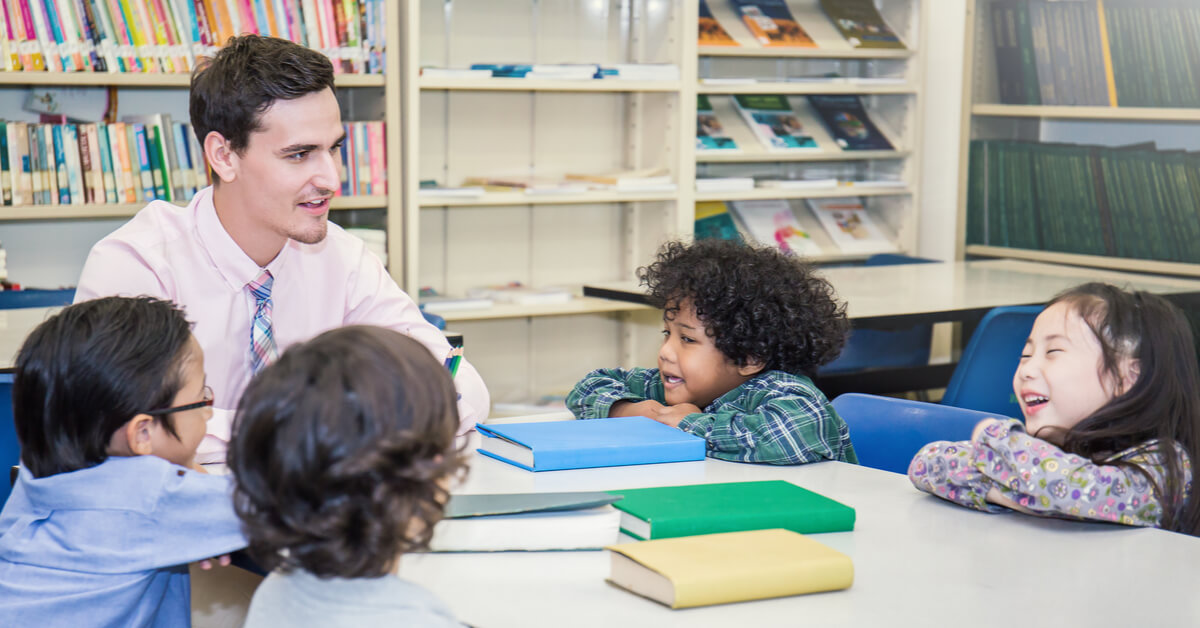Imagine a school whose graduates were dedicated to the greater good. What difference would these young people be making in the world? What would they have learned that helped them do so, and how would that have happened? Such a school would make social-emotional learning as much a priority as academic learning. Skills such as empathy would have as much focus and attention as addition and grammar. Students would experience a robust, meaningful curriculum layered over years — with assessments and applications of their learning.
How many hours have you spent learning math and science in your life? Think about kindergarten all the way through high school or university. Hundreds, probably thousands of hours of instruction, homework, tests, and projects? Even tens of thousands? In contrast: how many hours have you spent learning about emotions? How do feelings work in our brains and bodies? How do you recognize, label, and transform them in yourself and others? For most people in the world, the answer is almost none. Most have not encountered the school described above.


